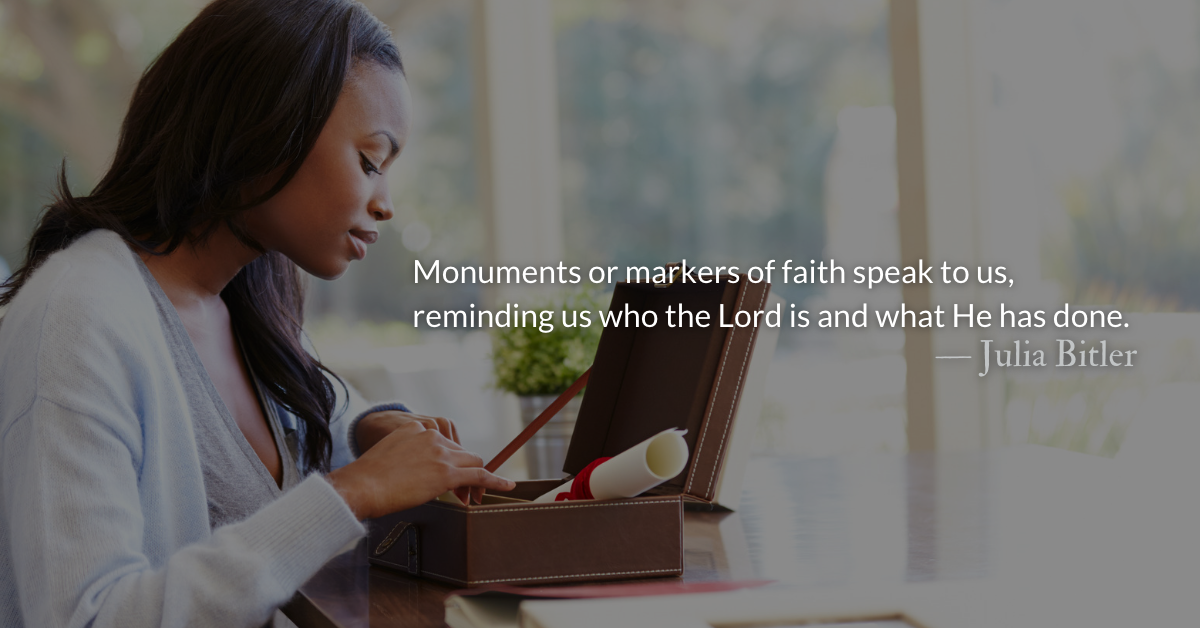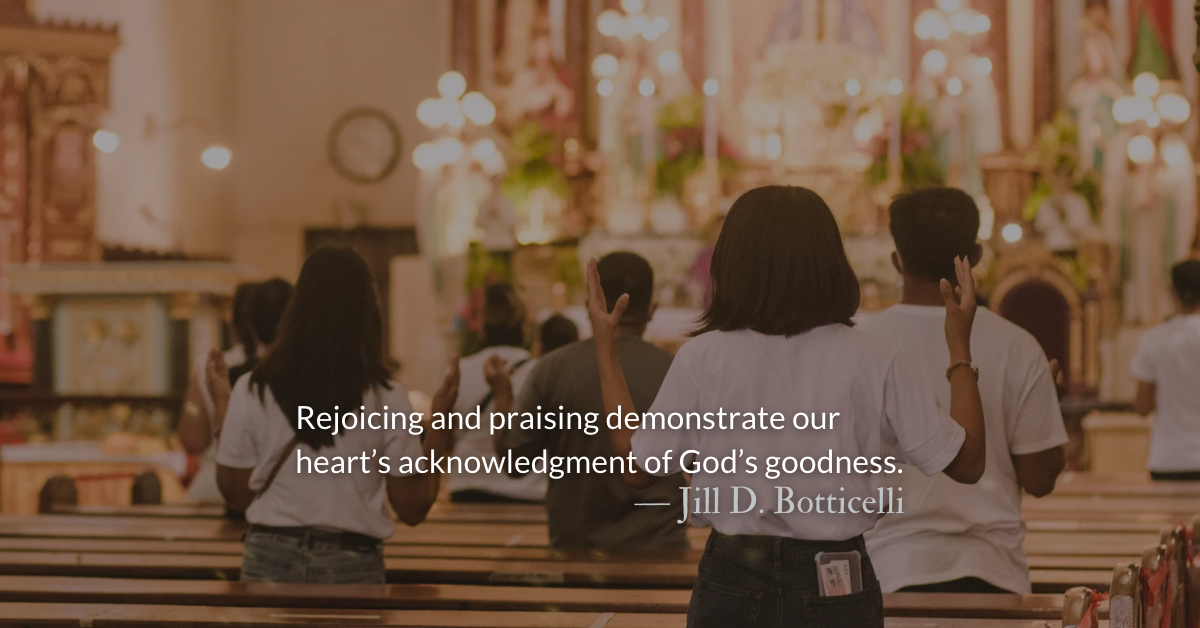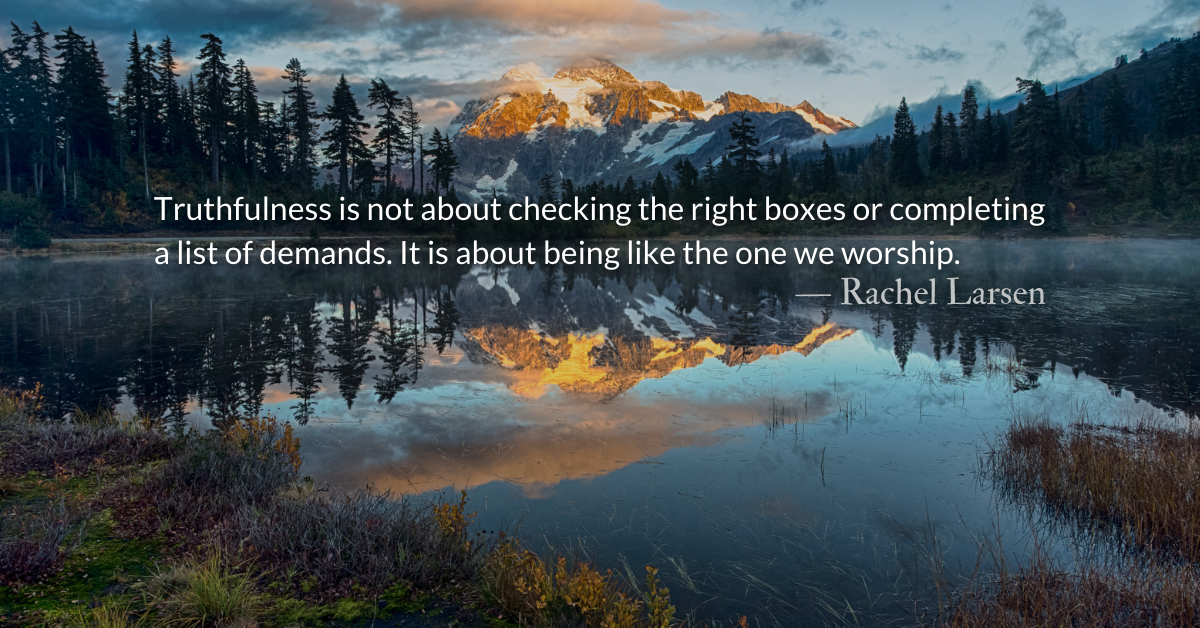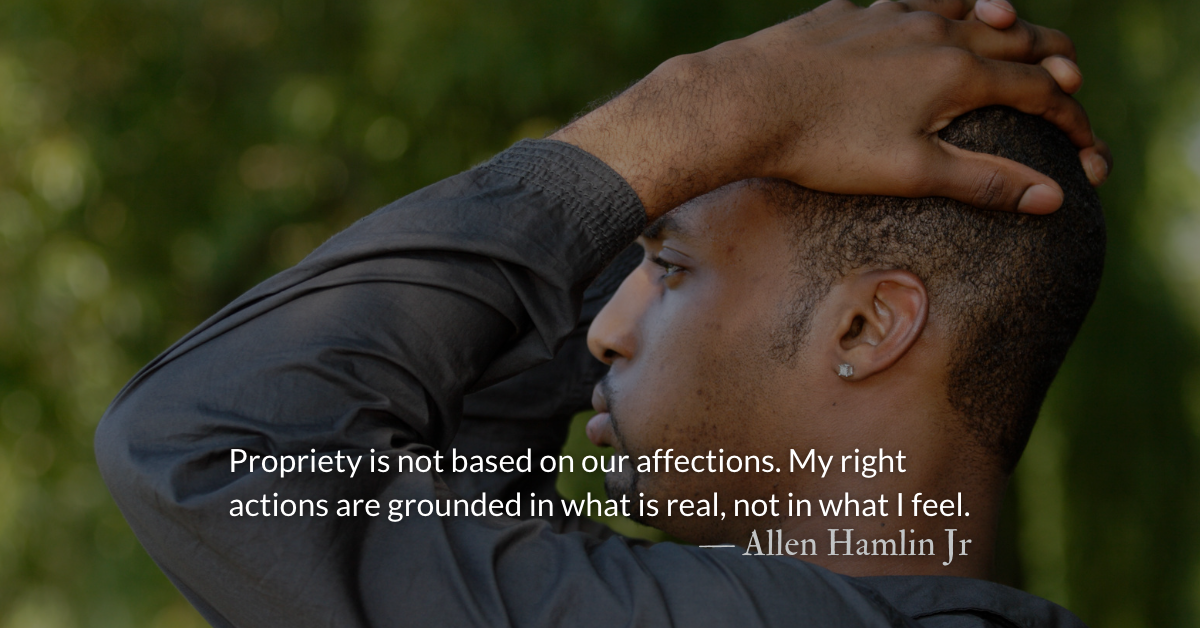Scripture Focus: Deuteronomy 27.4-7
And when you have crossed the Jordan, set up these stones on Mount Ebal, as I command you today, and coat them with plaster. Build there an altar to the Lord your God, an altar of stones. Do not use any iron tool on them. Build the altar of the Lord your God with fieldstones and offer burnt offerings on it to the Lord your God. Sacrifice fellowship offerings there, eating them and rejoicing in the presence of the Lord your God.
Reflection: Altars of Remembrance
By Julia Bitler
In Deuteronomy 27, Moses concludes his speech to the Israelites by calling them to obey. He laid out God’s law for the nation including their calling to live holy lives as God’s chosen people.
Before moving on to the curses of disobedience and the blessings of faithfulness, Moses calls the Israelites to pause and reflect.
He instructs them to build an altar to the Lord. Not only will the people worship the Lord by offering sacrifices and burnt offerings, but they will also write the Law on stones to remind them of the holiness of their God and the consecrated lives they are called to live as his chosen people. It is an altar of remembrance.
In the same way, I believe that God desires for us to set up altars or memorials in our own lives. These monuments or markers of faith speak to us, reminding us who the Lord is and what He has done.
A monument could be a tangible object like a sign, poster, or journal. A more abstract monument might be a day that you set aside time to remember the faithfulness of the Lord. Whatever it is, God calls us to mark moments in our lives. These markers can help us remember who God is, what He has done, and what He has promised to do for us.
God doesn’t want our obedience to be motivated by fear of the curses and joy of the blessings. Rather, he calls us to obey him because we love him. He wants us to obey out of love and remembrance of who God is.
One of my reminders of the Lord’s faithfulness is my car. A year ago, I was in a terrible accident that resulted in my car being totaled. By the grace of God, I walked away with only a few bruises. After such a traumatic experience, I learned to trust God to provide for all my needs and within a month, I had a new car and was healing from such a scary incident. When I drive my car, I am reminded that it is God who is in the driver seat of my life and not me. He alone is worthy of all of my love and obedience.
What memorials do you have? Where are your monuments? What moments remind you of his faithfulness?
Divine Hours Prayer: The Refrain for the Morning Lessons
Behold, God is my helper; it is the Lord who sustains my life. — Psalm 54.4
– From The Divine Hours: Prayers for Summertime by Phyllis Tickle.
Today’s Readings
Deuteronomy 27-28.19 (Listen13:27)
Romans 7 (Listen 4:09)
Read more about The Sojourn of Sanctification
The desert sojourn is a transforming experience for Israel and this process of sanctification can be mirrored in the lives of modern believers.
Read more about Attending God’s Lessons
Through their liberation from Egypt and their time in the desert, God became Israel’s teacher.











